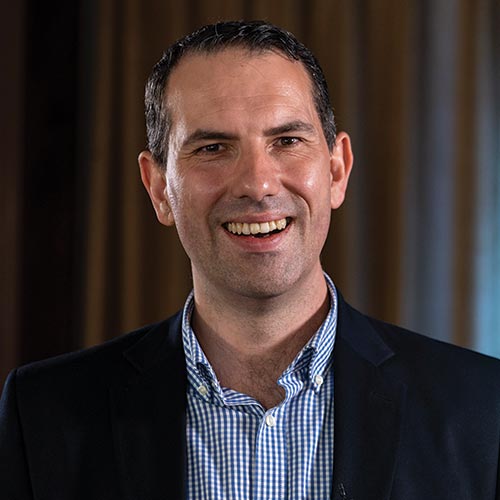A new world of work: uncovering the financial challenges of going it alone
‘We often find that when individuals approach us, they’re probably doing it five to 10 years too late’
The importance of financial planning for those who are self-employed is undeniable, particularly as challenges continue to rise
Self-employed people and business owners face many challenges today. Technological advancements threaten their jobs, while new tax rules, policy changes and political instability weigh heavy on their financial decisions.
Being your own boss comes with its own perks but also its challenges, so advisers urge those that decide to go solo to take back control of their money as early as possible.
Very often, self-employed people lack the basic knowledge of personal finance, or prioritise their tax issues over other equally important areas such as savings or pensions.
But financial planning does not have to concern money matters only, says Chris Daems, director of Cervello Financial Planning.
Being a business owner can be a ‘rollercoaster’ experience, as he puts it, so engaging with a third person early on and building a long-term plan can only be beneficial.
‘A self-employed person or a business owner should have a conversation with any good quality fee-based independent financial planner, because what we often find is that when individuals approach us, they’re probably doing it five to 10 years too late,’ he says.
Searching for answers
For one of Daems’ clients, Alan Bayley, the director at Dublcheck Cleaning, it was only when he hit a certain age that he decided to initiate a conversation with a financial adviser.
‘I need to worry about the future and take a rain check, and look at where I’m at and my financial adviser has enabled me to do that. This has given me complete clarity with where I stand, where I could be and where I want to be. It’s given me room for manoeuvre in terms of the decisions that I can make,’ Bayley says.
However, finding the right adviser that can answer key questions about taxation, capital preservation or insurance is not always easy. This is especially challenging today, when there is an abundance of information available and the public is more aware than ever on financial scams and what could go wrong with investments that don’t offer the right degree of transparency.
Entrepreneur Romi Savova set up online pension provider PensionBee out of her frustration to get her financial queries answered by advisers via their websites.
‘I found it really convoluted to sort out my own financial affairs. In a time and age where people are accustomed to 24/7 online availability, it felt really difficult to have to post lots of paperwork and having to deal with thousands upon thousands of different options.
‘So, I did try and get financial advice. I left my name and number on several websites and I was only called back three years later, by which point I’d already started the company.’
For Savova, having simple products and avoiding jargon can help the self-employed feel more comfortable with getting advice before they feel they need to. She believes that not being auto enrolled in a pension scheme and having variability of cash flows are some of the biggest concerns for this growing demographic.
‘Having flexibility in terms of when and how you pay into your pension, is something that the self-employed find really important and of course, a pension needs to compete with your other obligations and financial goals,’ she says.
Planning your future
For Thrasos Vassiliades, partner at EA Chartered Accountants, the main concerns of managing a business are around succession and the overall management of cash flow and employees. ‘You look to grow your business to eventually sell that business, but it can’t form the sole basis of generating wealth as a retirement plan. It’s part and parcel of your overall strategy for your life,’ he says.
For many years, Vassiliades has been the client of Minesh Patel, a chartered financial planner and managing director of EA Financial Solutions. Patel stresses the importance of planning early, especially on tax matters such as inheritance tax. But generally, a financial plan can help those who are self-employed look at short-, medium- and long-term planning, he says.
‘Because the self-employed report tax under the self-assessment regime, they must be aware that they have to make tax payments twice a year and set aside funds for those tax payments,’ Patel says.
‘If clients have income tax issues, then when we advise on their financial planning, for example, investment strategies, we would prefer to prioritise capital gains tax generating strategies, rather than income tax generating strategies because the rates of capital gains tax are lower, compared to income tax.’
Whether a self-employed contractor or business owner want to use their business capital to invest or not, advisers say it’s important to speak with clarity to get closer to the clients’ personal circumstances, and avoid market noise.
‘For us, it’s the facts rather than the speculation, ignoring a lot of the noise, and making sure that whatever we do, we look after our clients over the longer term,’ Daems says.
‘Sometimes, that’s about managing client emotion as well, because advice can be quite emotional and we’ve certainly had conversations where we’ve said to clients that sometimes the news we give them won’t be good, but we’ll work through it together.’

